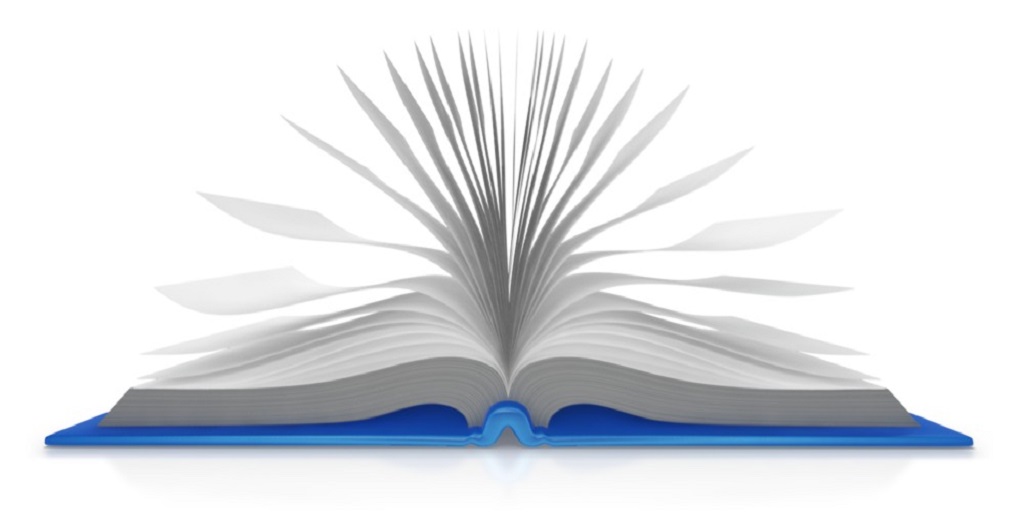Intellectual Property Licensing: Forms and Analysis
Licensing out Intellectual property can turn into a bit of a headache for even the most experienced patent attorney, let alone an independent inventor.
Richard Raysman, Seth Ostrow, Kenneth Adler and Edward Pisacreta tackled this issue in their book Intellectual Property Licensing: Forms and Analysis.
When asked about the purpose behind writing the book, author Richard Raysman states:
There really are not a lot of practical forms books. [The Purpose of the text was] to get a volume that was a good resource of forms and analysis of legal issues.
The text itself is set up in an easily digestible manner, separating individual licensing agreement types into their own chapters. The text covers a variety of legal areas including:
- general contracts, patents
- copyrights, trademarks
- trade secrets
- the music industry
- merchandising.
At the start of each chapter, there is a brief discussion of the relevant law. These sections, though dense with information, are clear concise and understandable by just about anyone.
Though a lay person may have a slightly more difficult time reading this material than a person well versed in the law, the material should still be understandable and clear enough that they can get a solid grasp on the central themes.
After the discussion of the relevant law, the book then sample forms for specific kinds of licensing agreements. Containing nearly 100 different template agreements, the book is worth its asking price for these examples alone.
Though every individual agreement will obviously vary in a number of ways from the examples given in the book, the forms provide an excellent springboard for attorneys looking for specific legal language.
As was the case with the last book we reviewed for Law Journal Press, The America Invents Act (AIA) Handbook, the book is online at www.lawjournalpress.com, and is fully searchable and enhanced with powerful personalization features.
You can highlight, bookmark, annotate and organize your content into folders. You’ll also have instant one-click access to cases and statutes referred to in the text.
These are obviously beneficial features to attorneys who are looking to do legal research, or save their past notations for easily searchable future use.
As a whole, this book is an excellent resource both for attorney’s looking to refresh their memories or lay people learning the law for the first time. Here at Kloss, Stenger, & LoTempio we plan to put the book to good use, and hope other will as well.

